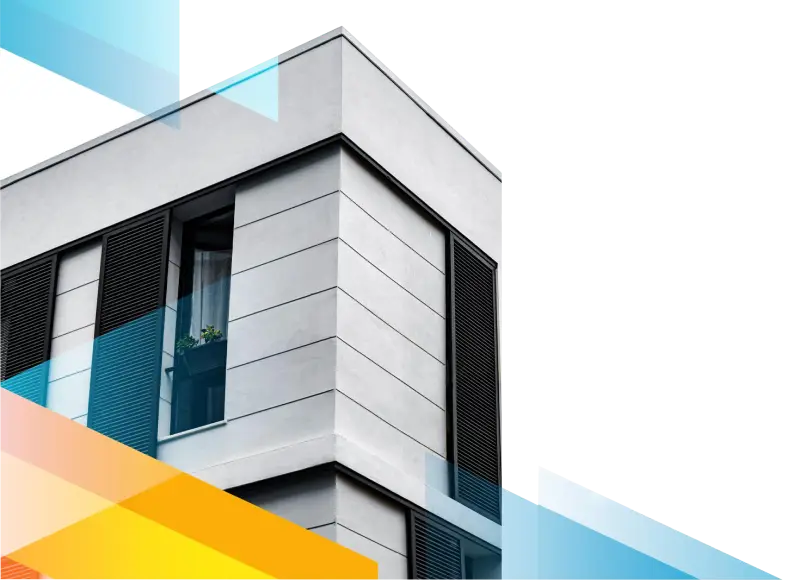Refinance Loan Choices
Conventional
A conventional mortgage loan is a popular refinance loan option due to its lower closing costs and refinance mortgage rates in Utah compared with other loan options. The lower interest rate associated with a conventional loan may lead to major savings over time. Conventional loans also offer greater flexibility for borrowers by allowing them to select either adjustable or fixed-interest rates, based on their preferences.
Conventional mortgage refinance loans in Utah are available through a private lender rather than being government backed. The refinance process requires 5% or more equity in a home according to the appraised property value. If your conventional loan will have a loan to value, or LTV, no higher than 80%, you won’t have to pay mortgage insurance each month. On the contrary, being above the LTV threshold means you must pay monthly insurance.
The following are considered to determine aspiring homeowners’ eligibility for conventional mortgage refinance loans in Utah:
-
Home value
-
Credit score
-
Borrower’s income source
As part of the conventional loan qualification process, you must submit documentation of your debts, assets, and income. Our team at Summit Lending can help you determine if a conventional loan is the best option for your needs.
FHA Loans
FHA mortgage refinance loans in Utah, which are available through the United States’ housing administration, offer multiple refinance options, such as cash out and streamline.
The cash-out option lets you as a homeowner borrow against your home’s equity and receive money back at the closing table. The streamline option, which is simpler and quicker, can help you lower your mortgage payments each month without undergoing numerous application process steps. To be eligible for either refinance loan, you must currently have an FHA loan and meet various eligibility requirements (e.g., credit score, debt, payment history requirements), which we at Summit Lending can help you navigate.
A major benefit of FHA mortgage refinance loans in Utah is that they may help homeowners capitalize on lower refinance rates in Utah to save money long term. An FHA loan also usually requires a smaller down payment than a conventional loan, making it an excellent choice for a homeowner who would like to refinance despite not having much home equity.
VA Loans
A VA mortgage refinance loan in Utah allows an eligible veteran, active-duty military service member, or surviving spouse to refinance an existing mortgage loan. The goal is to assist a borrower in obtaining a better rate of interest, access to their home’s equity, or more favorable loan terms.
Two VA refinance loan options are available: cash-out and interest-rate-decrease options. The latter will let you lower your interest rate or replace an adjustable interest rate with a fixed one. The former will let you access your home’s equity to renovate your home or pay off debt, for example. Both VA refinance loans offer the following benefits:
-
Lower refinance mortgage rates in Utah
-
No down payment required
-
No premium for mortgage insurance
-
More lenient requirements regarding credit
You may use a VA mortgage refinance loan in Utah to refinance either a VA loan or a non-VA mortgage. Eligibility requirements for this loan option include the following:
-
Securing a valid VA refinance loan eligibility certificate
-
Meeting income and credit standards
-
Refinancing a loan for your primary residence
All in all, a VA refinance loan may be a smart option for a homeowner seeking to refinance an existing mortgage or enhance their current financial situation.
USDA Loans
A USDA mortgage refinance loan in Utah receives its backing from the U.S. agriculture department and is designed to assist a homeowner who resides in a suburban or rural area and wants to refinance their home to take advantage of a lower rate of interest and save money over time.
A major reason to choose a USDA loan is that its credit requirements are usually more flexible than other loans, making it an excellent option for someone with past credit issues. You must meet property location eligibility and income requirements to take advantage of a USDA loan. We can help you decide if your property would qualify for a USDA refinance loan.
Jumbo Loans
A jumbo mortgage refinance loan in Utah is designed to help a homeowner seeking to refinance a large mortgage. The type used for a high-end property. You can use a jumbo loan to lower your interest rate or turn some of your home’s equity into cash. Compared with other loans, a jumbo loan typically requires a bigger down payment, a lower ratio of debt to earnings, and a better credit score.
The terms for a jumbo refinance loan are usually 15, 20, and 30 years. The shorter-term options will save you money overall but require a bigger monthly payment. Longer-term options provide more affordable payments. Most homeowners who choose jumbo refinance loans choose fixed-rate ones, where their interest and principal amounts stay the same long term.
An adjustable-rate loan usually offers a lower interest rate, but the rate can change over time. It’s ideal only for a homeowner who doesn’t plan to keep their home loan for an extended period.
Partner With Summit Lending Today
At Summit Lending, we’re proud to be your leading mortgage broker firm. Led by mortgage specialists with more than 50 years of combined industry experience, we are committed to matching you with a mortgage refinance loan in Utah with exceptional refinance rates, fair terms, and reasonable monthly repayments. Get expert guidance by contacting us today!
*Summit Lending isn’t affiliated with and has received no endorsements from the U.S. Government, VA, U.S. agriculture department, or U.S. housing administration. Loan applicants shouldn’t assume that refinancing will eliminate their debt simply because their debts become part of new loans. Note that the total amount you pay for your home may be higher in the long term when you refinance.



